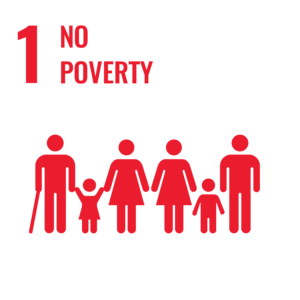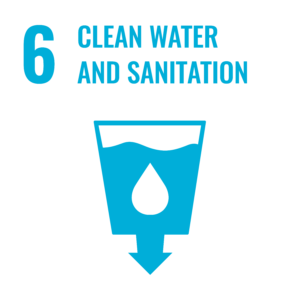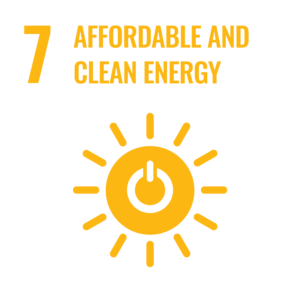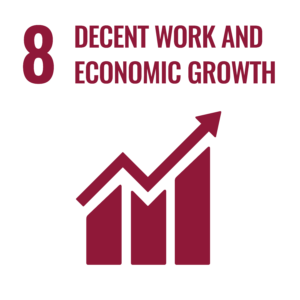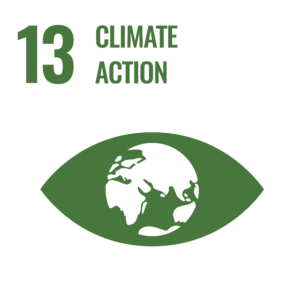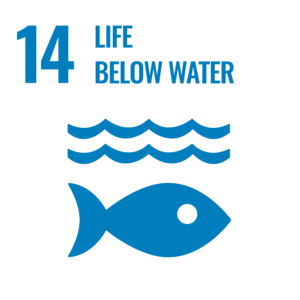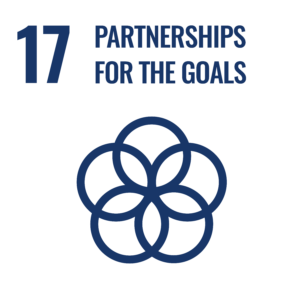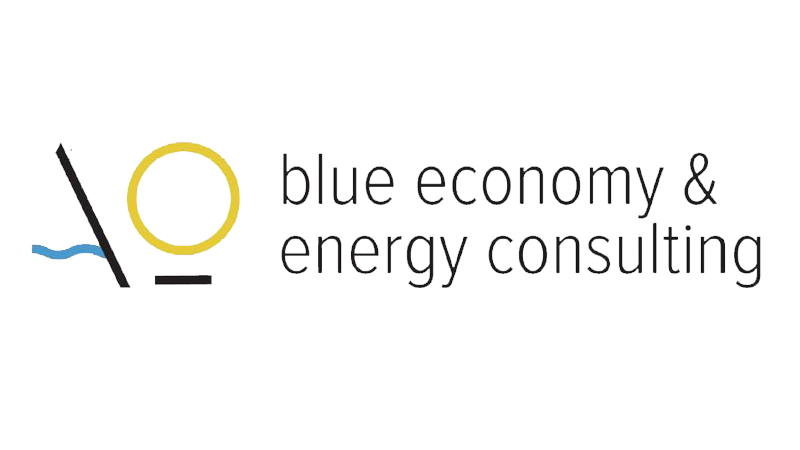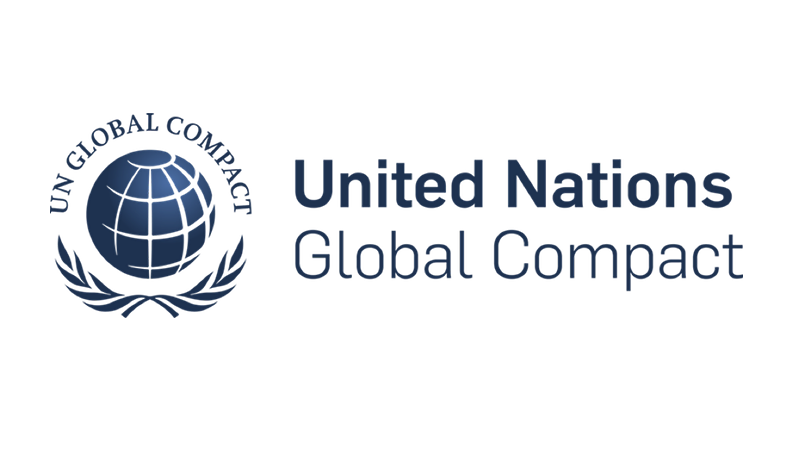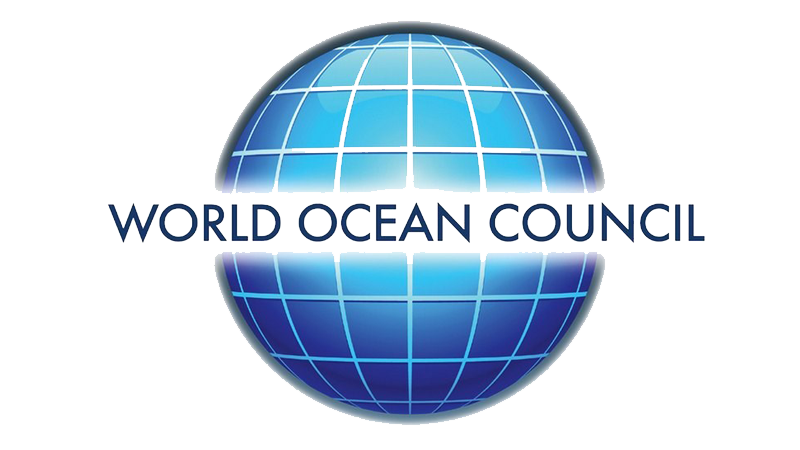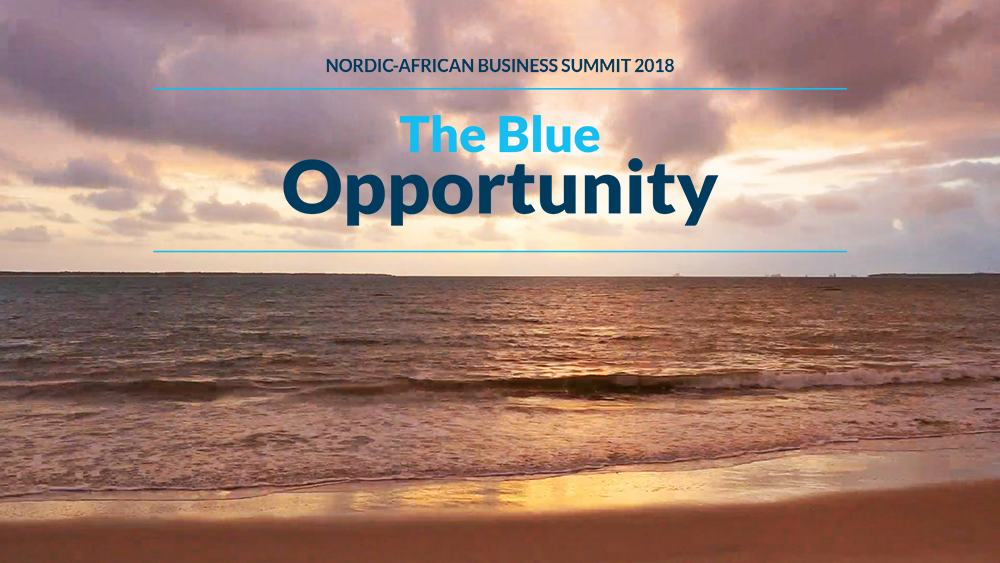The 8th Nordic-African Business Summit, 2018
An inclusive model for human wellbeing and social equity
We have to ensure that whatever we do on land, in the ocean is something that is sustainable, that can allow our generations to come to avail of the resources that the ocean offers.
H.E. Vincent Emmanuel Angelin Meriton
Vice President of Seychelles
Quote from interview taken June 5th during the
2019 edition of Africa @Nor-shipping in Oslo
According to the United Nations sustainable development Blue Economy Concept Paper, the Blue Economy constitutes a sustainable development framework for developing countries which can address equity in access to, development of and the sharing of benefits from marine resources. At the core of the Blue Economy concept is the decoupling of socioeconomic development from environmental degradation. Fundamental to this approach is ensuring that developing countries optimise the benefits received from development of their marine environments and promote gender equality, the generation of inclusive growth and decent jobs for all.
‘Another Africa under the sea’ refers to the African Union’s Agenda 2063, describing Africa’s vast ‘Blue World’ of lakes, rivers and ocean resources, which is three times the size of its landmass.

Ocean economic activities have been going on in Africa for centuries, with more than one-quarter of Africa’s population living within 100km of the coast from where they derive their livelihoods. 70 percent of Africa’s countries are coastal and more than 90 percent of Africa’s trade is conducted by sea along it’s 31,000 kilometre coastline but trade among African countries accounts for only 11 percent of the total trade volume.
Its maritime zone comprising exclusive economic zones at 13 million sq km including 6.5 million sq. km of continental shelf, represents significant strategic global gateways for international trade for Africa, and oceans could potentially provide 400% of current global energy needs, estimates the International Energy Agency (IEA).
To realise the blue economy as an engine of growth and industrialisation for many African countries, consensus is clear that conservation, sustainability and governance need to be at the heart of the agenda, and by extension, helping to achieve the 2030 UN Sustainable Development Goals.
But which frameworks and policies need to be put into place to ensure that private sector and SMEs are supported to play their role in the blue economy and what can we learn from the frontrunners?
We need to set a proper institutional structure of governance in order to implement whatever plan comes out from the blue economy, it’s a new thematic for the continent.
H.E. Josefa Leonel Correia Sacko
Commissioner for Rural Economy and Agriculture
The African Union
Quote from interview taken June 5th during the
2019 edition of Africa @Nor-shipping in Oslo


